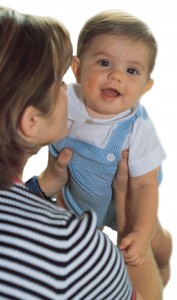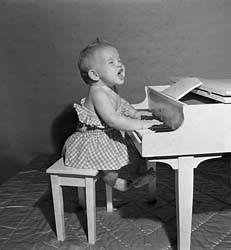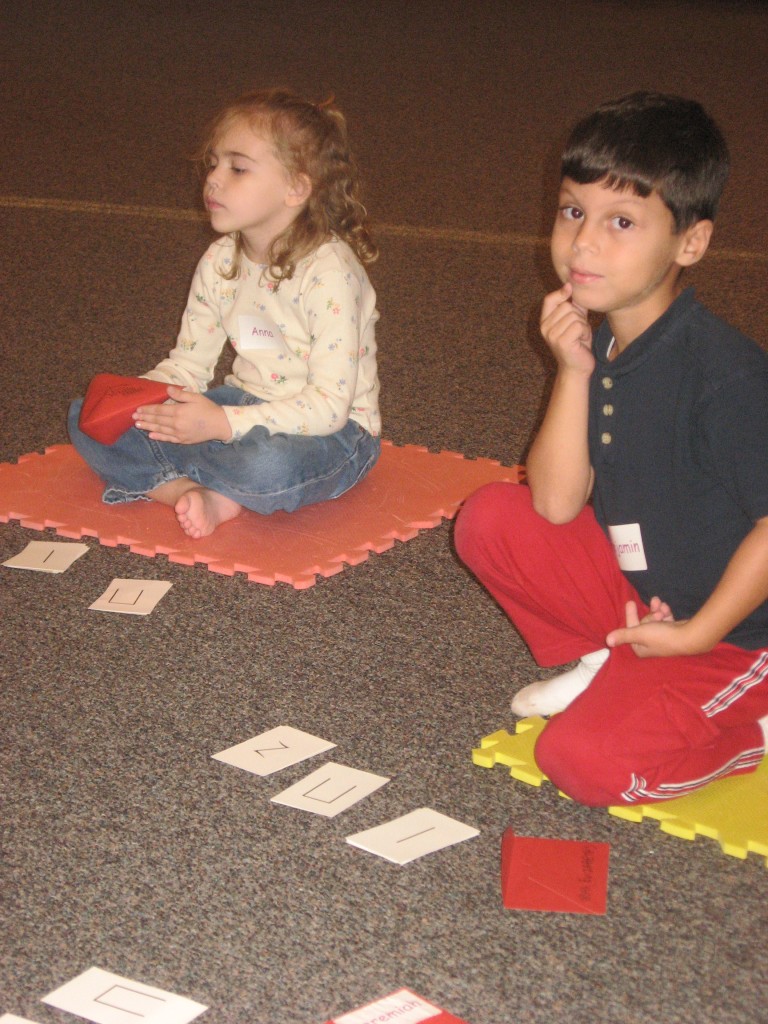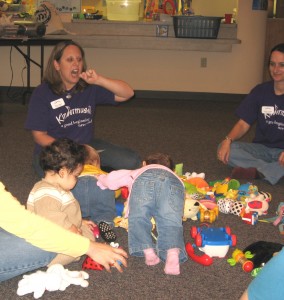Tag: music
Tis the season….the cold and flu season!

I’m writing to you today to address some questions that have come up recently regarding this horrible sick season we are having. As you know, I have asked everyone to not attend class if you or your child is sick. A good guideline to follow is to be fever free for 24 hours, and for a nose not to be running with anything other than clear. It is VERY common for babies and toddlers to have runny noses due to teething. It is VERY hard to distinguish that from being sick. If you at all feel that your baby is under the weather, remain home and schedule a makeup class.
I wanted to let you all know our procedures for attempting to keep our classrooms as sanitized as possible. While it is impossible to guarantee you that our instruments and props are 100% sanitized, we are trying to do our best to minimize sickness. We spray instruments, etc. with Clorox Anywhere, and tumble dry all fabric items in the dryer. After doing much research, Clorox Anywhere seems to be the safest product to use for our purposes. Here is a link to read more about the product: http://www.clorox.com/products/overview.php?prod_id=ahsds.
For alcohol-based hand sanitizers, the Food and Drug Administration (FDA) recommends an alcohol concentration of 60 to 95% of ethanol or isopropanol for the great efficacy in killing germs. In the study listed above, it was found that some hand sanitizer products purchased from local retail deep-discount stores, advertising the same claims as those found on name-brand products such as Purell, had, in reality, only a 40% ethyl alcohol concentration – much too low to reduce bacterial counts on hands. In fact, the faulty product seemed to “mobilize the bacteria, spreading them around the hand instead of killing them.” (N.Y.Times: Hand Sanitizers: Good or Bad? , by Deborah Franklin, March 21, 2006)
Director / Owner
Licensed Kindermusik Educator
Registered Music Therapist
Local Representative for the Central FL Partnership of Kindermusik Educators
https://www.growandsing.com
Parent Perspectives: Issues and Insights regarding your baby

Babies and Music
“Musical awareness is observable very early in life. [Howard Gardner,educational theorist who developed the theory of Multiple Intelligences] states that it emerges the earliest of all the different kinds of intelligence. The Papouseks, highly respected developmental researchers from West Germany, report that infants as young as two months can match the pitch, intensity, and melodic contour of the mother’s songs, and at four months infants can match the rhythmic structures as well. These researchers feel that infants are even more predisposed to these aspects of music than to speech (Papousek, 1982).” —“Theories of Child Development and Musical Ability,” by Sally Rogers from Music and Child Development, ed. Franz L. Roehmann and Frank R. Wilson, pp. 2-3.
Your Baby’s Musical Life
You may have already noticed that your baby is listening attentively to music. He may react to different types of music in different ways. He may become alert, move excitedly, relax, or even doze off depending on the nature of the music. By filling the spaces of Baby’s day with music we are teaching him the many roles that music can play throughout his life. Music can help him relax, cope with feelings, celebrate, create, and express beyond verbal capabilities.
Musical Variety in
Kindermusik Village
Kindermusik Village
introduces a great variety of music, representing diverse cultures, styles, and tonalities, as well as varied instrumentation and voice types. Cock-a-doodle-MOO! features Cantonese Lullaby, a soothing, traditional Chinese song; Hey Diddle Diddle, a simple, traditional English rhyme and song; Ritsch, Ratsch, a lively Swedish folk song, and Armenian Lullaby, a relaxing song in the minor mode. Not only will your baby enjoy reacting to these different styles of music emotionally and physically, but intellectually it is important that your baby experience this music. We tend to appreciate and enjoy listening to music that is familiar.By exposing your baby to a broad selection of music at an early age, you will help him have a rich “repertoire” of familiar sounds and styles that will make more music accessible and interesting to him throughout his life.
A Musical Treasure Hunt
Explore everyday objects with Baby to see what sounds they make when you strike them with a spoon or shake them. Does there seem to be an object or sound that Baby is particularly interested in or finds humorous? Did you find something that you never expected to be musical?
“Children must receive musical instruction as naturally as food, and with as much pleasure as they derive from a ball game… and this must happen from the beginning of their lives.” —Leonard Bernstein
Coming soon….
Parent Perspectives for your TODDLER!
Happy Holidays from Grow and Sing Studios!
May your home be filled with Peace, Love, and Beautiful Music…
Happy Holidays!

Love,
The Grow and Sing Studios Team
Holly, Rachael and Elizabeth
Ta’s, Tee Tee’s and SHHHH!
I am just amazed at how much the children are learning in Young Child. They are sharpening thier listening skills, which of course is key in learning music, but wow — also VERY important in LIFE as well! They are learning note values in the form of TEE TEE, or TA, or SHHH for rest. Now they are learning to listen as notes go up and down. As they sing, they are visually seeing the music going up and down, along with the rhythms. I’m SO impressed by this curriculum!!!! I captured this picture yesterday of Anna and Benjamin with their rhythm cards. They were mixing and matching to create new rhythms.
Young Child class – Rhythm cards
Miss Elizabeth is doing an amazing job with this class. The kids love her, and they are learning SO much!!!
Have a perfect weekend everyone!
Best,
Holly
Sign and Sing : Some Questions Answered
Hi everyone!
I am currently accepting enrollments for our next Sign and Sing workshop which begins on Wednesday, November 14th and thought, this would be a PERFECT time and place to address some questions and concerns that parents sometimes have about babysigning in general. I am approaching my 7th time teaching this workshop. At the beginning of my journey with Sign and Sing, I was even a bit skeptical. I wondered if it really works or does it delay a child’s speech? As a parent of two, I didn’t use babysigning with my daughter Anna, who is now 6. She was an early talker, so I didn’t even think it was a topic that pertained to our situation. My son Aiden however, is taking his time talking. He is currently 2 1/2 and even now most people aren’t sure what he is saying. His words aren’t quite clear yet, even though he is talking. Both of my children fall into the “normal” developmental range for the onset of talking. Every baby crawls, talks, walks, etc. in their own time. Over the course of my Sign and Sing journey so far, I have learned that if I had done babysigning with Anna, it would have only helped her speech and giving her an opportunity for long term learning. For Aiden it was AMAZING! I started teaching this course at JUST the right time because I could use Aiden as my “practice baby”. My husband embraced it as well, as did Anna, and our household starting signing. Boy did we eliminate lots of tantrums with Aiden. He was able to tell us when he was “all done”, or if he wanted “more” without crying or yelling. All babies are going to communicate. Before they can talk, the only way for them to express their needs is to cry, yell, tantrum. Well, Signing is a nice, calm and quiet alternative to all of that!!
Now to maybe clarify some myths that are out there!
The assumption that babysigning will DELAY speech is a complete myth.
A parent once asked….“so I would think talking to them and encouraging them to speak (reading to them consistently is proven to build language), would be more beneficial to them then encouraging them to sign instead”. Parents with hearing children are NEVER encouraged to sign INSTEAD of speaking. It is SO important to note that. What we do is encourage parents to speak WHILE signing. That is why, in our Sign and Sing class, we sing our songs, while we sign. The children then associate the speech to the signs. By doing this, we are giving them another form of communicating. In no way are we discouraging speaking! All babies need to express their needs. Most babies and toddlers are not able to do this specifically with speech for quite a long time, so their instinctual response is to scream, cry or tantrum. The biggest reason for meltdowns and tantrums in toddlers are simply because the child cannot communicate their needs properly. As Dr. Greene says, “Their ideas far outstrip their language skills. The “terrible twos” are less terrible the more children learn how to get across their intense and conflicting thoughts. Baby signs are a wonderful way to do this. Shaking the head or moving the hand is far easier to learn than the intricate manipulation of the lips, jaw, and tongue necessary for each new word. Large muscle coordination is learned before small muscle coordination – at about the same time kids want to express themselves.”
Compared to developmental norms, Signing Smart children have enriched language and communication skills:
- While the average 8 month old will have no spoken words, the average Signing Smart child will have 5 signs and 1 word.
- While the average 12 month old will have 3-5 spoken words, the average Signing Smart child will have 25 signs and 16 words
- At 18 months, the average child will have 10-50 spoken words. In contrast, the average Signing Smart child will have 79 signs and 105 words.
- In addition, a majority of Signing Smart children begin combining signs and words or signs and signs together to form little sentences at 11-14 months. Compare this to non-signers, who do not begin to combine words into short sentences (e.g., “Da-da car”) until 20 months old on average!
These results indicate that ASL signs, used in combination with Signing Smart strategies, facilitate both overall communicative abilities as well as spoken language skills in hearing infants and toddlers.

Here are some links to answer even more questions:
Welcome to our blog!
I would like to welcome you to our new blog. I have created this with the goal of sharing useful information related to our program, Kindermusik, parenting and child development! We plan to post on here when we feel like sharing a magical moment that happened in one of our classes, if we have useful information to share or anything else we can think of!! We hope you enjoy and visit often.
We just returned from an amazing trip to Chicago. We attend the annual Kindermusik Convention. Kindermusik is now offered in 66 countries around the world with over 5000 educators. We feel so lucky to be a part of such an amazing network of educators.
Thanks for reading. Come back often.
Holly Lesnick
Owner/Director
Grow and Sing Studios in Orlando, FL

